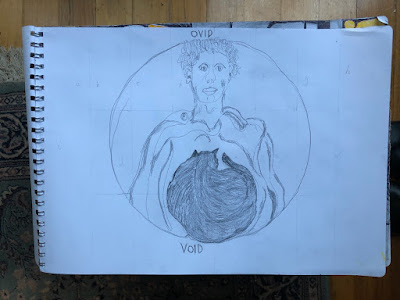A friend of a friend he rose without trace
A Wow here, a Sad there, emotions that click,
Interests that chimed and boxes that ticked
But was that his name, let alone his face?
His memes got worse, his politics sicklier.
We fell weary of his conspiracy theories.
Hard to say, was he trial or troll? His
Pointed insults about persons’ partickliers.
This is his Last Post, it’s time to unfriend.
He transmits opinions we now must Report
And images that, as they say, offend.
We don’t like the tone of his “Use your brain!”
Perhaps he’s a robot, best not to retort.
We shall not see his Like again.











